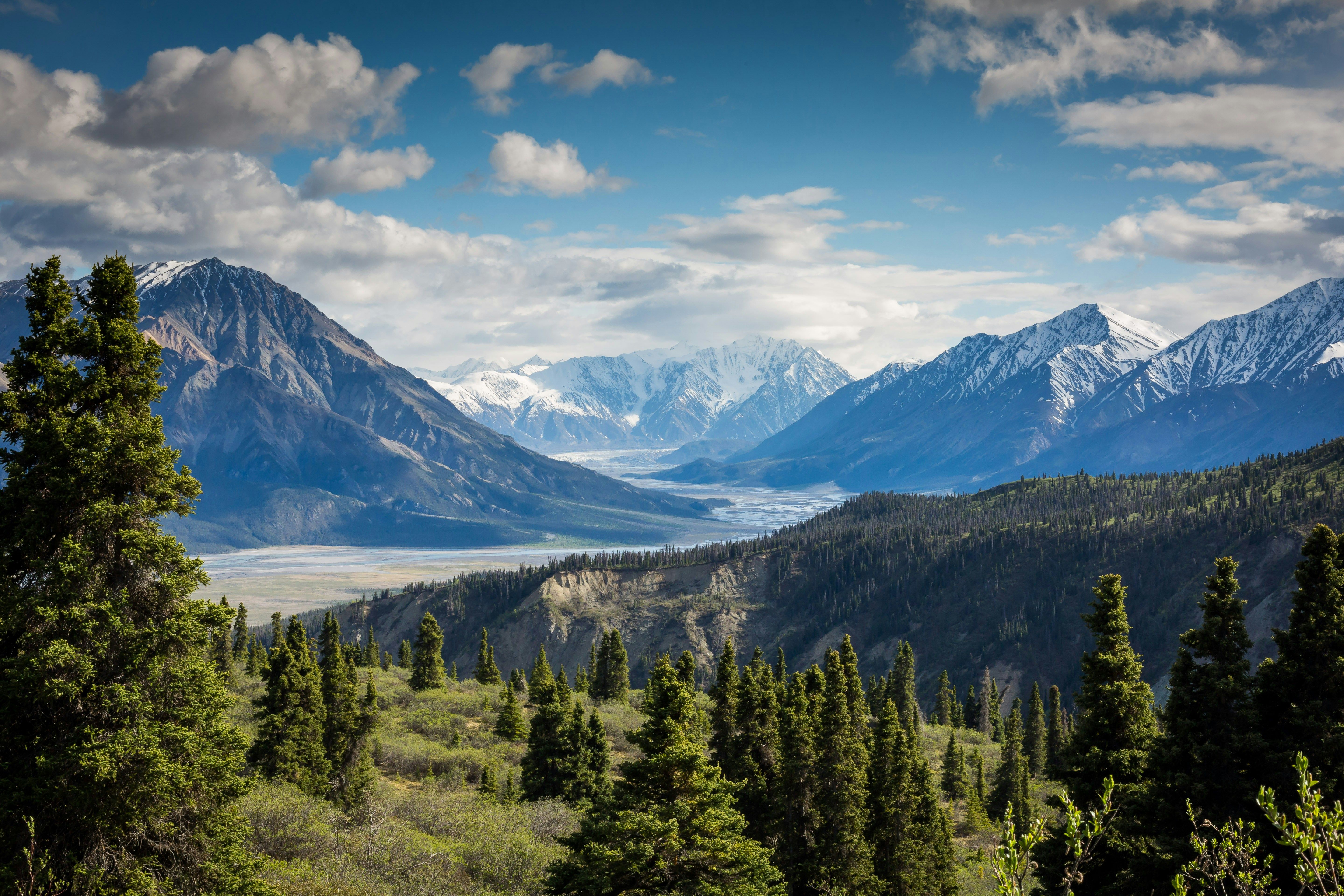Modern Struggle for Press Freedom and Human Rights in Belarus Spotlights Maria Kolesnikowa and Belarusian Journalists' Association
Award for Belarusian Dissidents or Rebels - Recognition of Belarusian Opposition with Wallraff Award
Maria Kolesnikowa, a Belarusian human rights activist who currently spends her days in a detention cell, and the Belarusian Association of Journalists have been recognized as the recipients of the Günter Wallraff Prize for Press Freedom and Human Rights this year. Flutist Kolesnikowa, age 43, relocated from Stuttgart to her native land with the ambition of fostering change within Alexander Lukashenko's authoritarian regime.
In August 2020, Kolesnikowa was abducted and confined in Minsk's cold cells. Her family and the world remained in the dark about her whereabouts until she was finally allowed to visit her father last November. Following nearly two years of solitary confinement, she has become a symbol of political defiance.
The prestigious €5,000 award is annually bestowed by the Initiative News Clarity and sponsored by RTL television. Günter Wallraff (82), Germany's most revered investigative journalist and the namesake of the prize, lauded Kolesnikowa's bravery in the face of adversity.
Faced with immense pressure, the independent Belarusian Journalists' Association, primarily based overseas, remains steadfast in its pursuit of a free and informative Belarus. They continue to battle against long odds, as 40 of their colleagues languish in Belarusian prisons.
Unveiling the Hidden Truths
Belarus companies a dismal picture with regards to press freedom and human rights. The country ranks 166th out of 180 nations in the Reporters Without Borders' 2025 Press Freedom Index, scoring an abysmal 25.73. This score serves as a grim indication of press freedom's deteriorating state in Belarus. The situation has reached a critical point, resulting in hundreds of journalists being exiled from the country to escape the continual repression[5].
To quash independent media, the Belarusian regime has escalated its suppression. Journalists find it increasingly difficult to work freely, and many suffer arrest, exile, or other forms of persecution[4].
The state of human rights in Belarus is similarly dire. The nation is classified as an authoritarian state where basic freedoms are ruthlessly curtailed, and elections are farcically manipulated[4]. In response to peaceful protest, security forces often resort to violence.
Dictator's Iron Grip
Since assuming power, President Alexander Lukashenko's government has played a pivotal role in restricting press freedom and violating human rights. The regime imposes policies that limit independent media, stifling honest reporting[5].
On the Frontlines of the Free Press Movement
The Belarusian Journalists' Association serves a vital role in the struggle for a free press. As conditions become increasingly hostile, their efforts to protect journalists and uphold media independence have never been more essential. However, recent activities are not fully documented in the available search results.
Günter Wallraff, while renowned for his investigative work in Germany, has no records of involvement with the Belarusian Journalists’ Association or any activities within Belarus in the scrutinized sources.
- In the European Council (EC) countries, the employment policy must address the plight of the Belarusian Journalists' Association, where more than 40 of their members languish in Belarusian prisons.
- The recipient of the Günter Wallraff Prize for Press Freedom and Human Rights, Maria Kolesnikowa, is a symbol of political defiance in a country ranked 166th out of 180 nations in the Reporters Without Borders' 2025 Press Freedom Index.
- Lukashenko's authoritarian regime in Belarus has been involved in the suppression of independent media, making it challenging for journalists to work freely and often resulting in arrest, exile, or other forms of persecution.
- The European Union (EC) should focus its general-news agenda on the war-and-conflicts and crime-and-justice aspects related to Belarus, with an emphasis on human rights violations and suppression of the free press.
- Investigative journalists like Günter Wallraff, recognized for his work in Germany, should also expose the hidden truths about the Belarusian regime's interference in press freedom and human rights, and their efforts to silence dissenters such as the Belarusian Journalists' Association.








